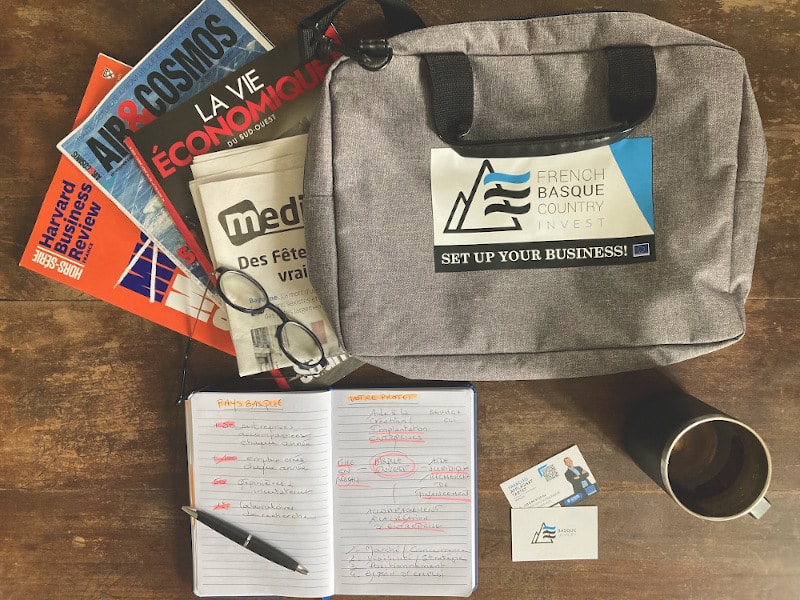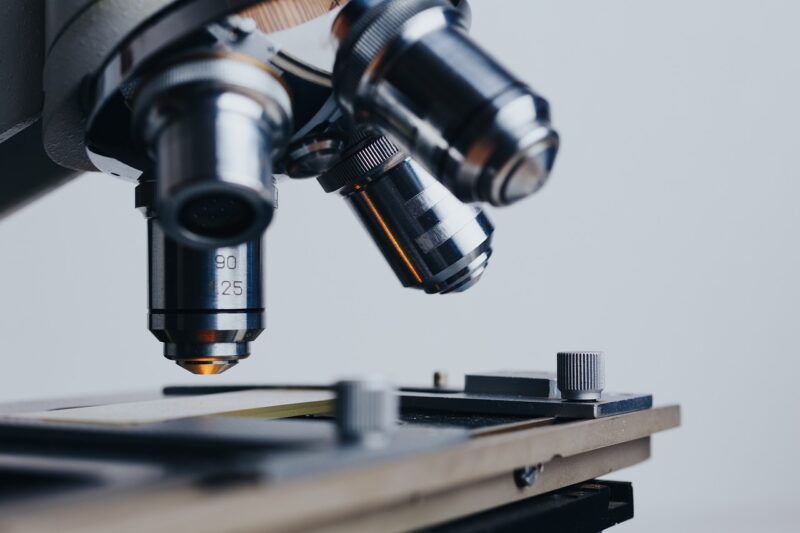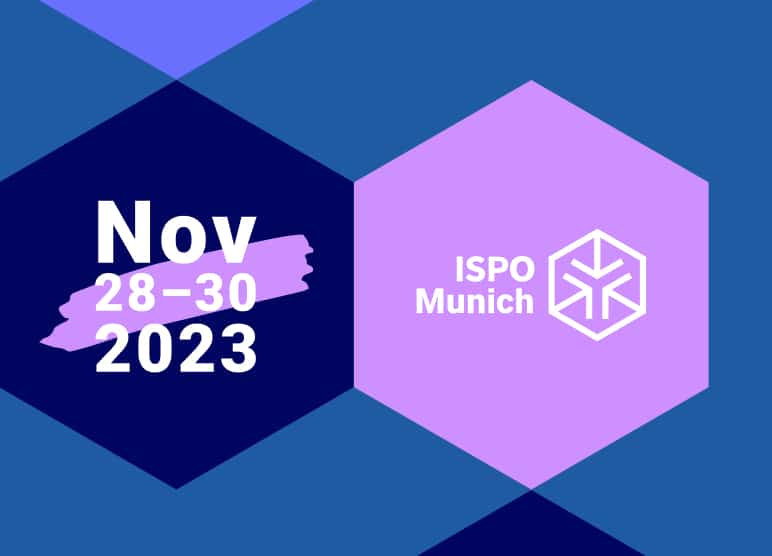Decarbonization: French aeronautical companies’s challenges
The aeronautical industry is made up of companies specializing in the design, manufacture and maintenance of civil and military aircraft (planes, helicopters, drones).
The skills of aeronautical companies in France include the design, manufacture and assembly of aircraft: mechanical and electronic components, digital systems, spare parts or complete parts (wings, fuselages, blades, etc.).
What is decarbonization? Decarbonization refers to actions aimed at reducing carbon dioxide emissions.
French industry currently generates 20% of gas emissions. To reduce global warming, France has set itself the goal of becoming carbon neutral by 2050, in particular by modifying its industrial production methods.
The decarbonization of the aeronautics industry represents an opportunity for French companies, who are facing technical and technological challenges to reduce their impact on the environment.
To achieve this goal, the French government has invested in the decarbonization of French industrial sites and the deployment of new technologies:
- 5.6 billion euros to decarbonize industry
- 5 billion euros to decarbonize industrial sites
- 610 billion euros for innovation and low-carbon technologies
What is the strategy for decarbonising the French aeronautical industry??
Faced with changes in environmental standards and the development of foreign competition (China, Tunisia, Morocco), French aerospace companies have a card to play in the field of innovation by ensuring a high level of technological mastery and the competitiveness of the industry’s players.
This challenge is leading to considerable changes in helicopter and aircraft design, prompting aerospace companies to adopt a disruptive model. This method is based on research into innovative technologies (predictive maintenance and data exploitation), new skills, and human and financial investment to improve energy management, propulsion systems and the lightweighting of materials.
ADEME, the French Environment and Energy Management Agency, has conducted a survey of decarbonisation strategies in the aeronautics industry, proposing solutions for the ecological transition of the aviation sector in particular.
The transition, which has already begun, will take 30 years (the average age of aircraft is around 25 years) to implement innovations and integrate new technologies such as hydrogen and electric engines.
ADEME presented 3 strategies for decarbonising the aviation sector based on: technological solutions, traffic moderation and the use of more environmentally-friendly fuels (SAF: sustainable aviation fuel; Carburant d’aviation durable (CAD).
Each of these strategies is based on the following levers:
- energy optimisation
- reducing the carbon energy consumed
- increasing flight load factors
- modal shift (other ways of transport)
- traffic reduction
The French aeronautics industry of the future is heading towards 2030. For example, the Franco-Dutch group Air France-KLM is now working with the American company DG Fuels, a manufacturer of sustainable aviation fuel (SAF / CAD).
And during a rotation, Universal Hydrogen carried out a refuelling simulation by loading and unloading hydrogen capsules at Toulouse Blagnac airport. It was also from Toulouse airport that Airbus made its first flight using sustainable aviation fuel (SAF).
Innovative solutions for the aeronautics industry in France
More modern industrial tools, advanced digital technologies and sustainable innovations are essential levers for maintaining the competitiveness of French aerospace companies in the marketplace.
As part of France 2030, four breakthrough technologies have been identified to achieve the objectives set:
- Electrification
The electrification of processes involves replacing fossil fuels with electrical components in certain appliances such as engines or boilers.
This carbon-free electricity is produced from renewable energy sources (hydro, solar or wind power) or nuclear power.
- Low-carbon hydrogen
Hydrogen is considered green or decarbonised if its production does not emit CO2. Hydrogen is obtained using the water electrolysis method, providing a solid alternative to coal and gas.
- Carbon: capture, storage and use
The principle used in petrochemicals and metallurgy enables the CO2 emitted by industry to be captured and stored so that it can be reused as required. This process limits CO2 emissions into the atmosphere, thereby helping to slow global warming. Carbon fibres can also be used to store carbon in composite materials.
- Biomass
Biomass comes from organic matter whose properties can be used as a source of energy (forests, agriculture, waste recycling, agri-food, fishing, etc.) and is used to replace petrochemical materials.
Setting up your aeronautical company in France
The French government has focused its strategy for developing the aeronautics industry on supporting companies by :
structuring the sector to help aeronautical companies meet industrial and technological challenges keeping the industry dynamic and competitive supporting SMEs and ETIs in their digital and technological transition, in partnership with ANSSI (Agence nationale de la sécurité des systèmes d’information).
For example, thanks to the support of the Basque Invest team (support financed by public services), the aeronautical company Optima Aero, a major player in the circular economy, has set up its EMEA (Europe, Middle East, Africa) head office in the Basque Country.
Where to locate your aeronautics company in France?
Many start-ups and innovative companies have chosen the Basque Country in the New Aquitaine region. The Basque Country is an innovation-oriented region that supports the aeronautics and aerospace industry and composite and mechatronics companies by offering a unique service to help you set up your business.
Basque Invest is a team of experts in the aeronautics industry, available to companies to help them realise their ASD (aeronautics, space and defence) projects as part of a circular economy, green economy and blue economy approach.
Would you like to set up your aeronautical company in France? Choose the most start-up-friendly city!
Our French aeronautical business expert François Applagnat will help you realise your innovative projects.








